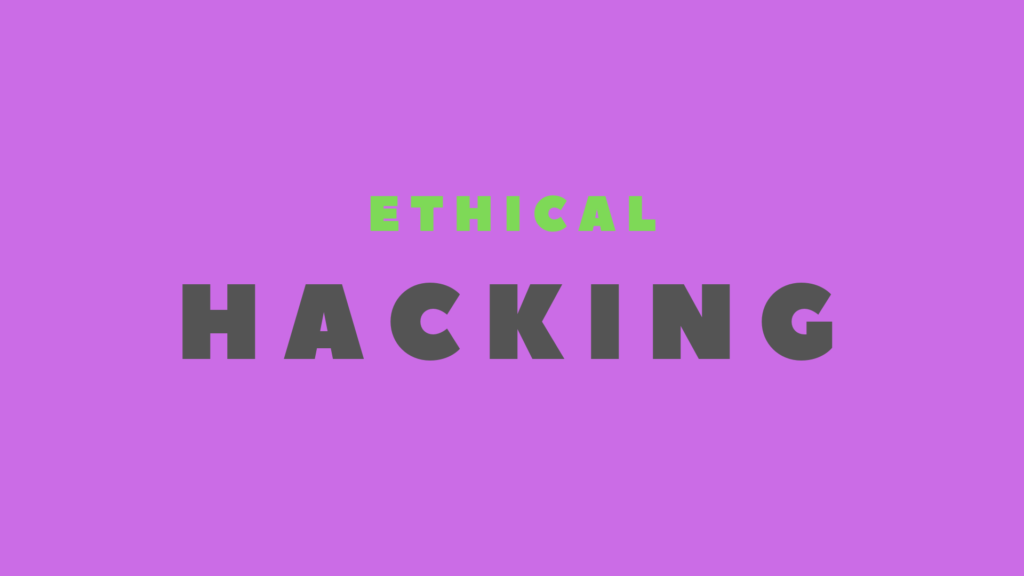
Hack the Future: Top Ethical Hacking Tools & Techniques You Need in 2025
Cybersecurity threats are evolving, and ethical hacking has become a crucial practice for protecting digital assets. Ethical hackers, also known as white-hat hackers, use their skills to identify vulnerabilities and strengthen security. This guide explores the top tools and techniques every ethical hacker should know in 2025.
Understanding Ethical Hacking
Ethical hacking involves simulating cyberattacks to uncover weaknesses before malicious hackers can exploit them. It follows a structured approach:
- Reconnaissance – Gathering information about the target.
- Scanning – Identifying vulnerabilities using specialized tools.
- Exploitation – Attempting to breach security to test defenses.
- Post-Exploitation – Assessing the impact and documenting findings.
- Reporting & Mitigation – Providing recommendations to fix vulnerabilities.
Top Ethical Hacking Tools in 2025
1. Metasploit
A powerful penetration testing framework that automates the exploitation process. It includes thousands of exploits and payloads for testing vulnerabilities.
msfconsole
use exploit/windows/smb/ms17_010_eternalblue
set RHOSTS target_ip
exploit2. Nmap
A network scanning tool that helps discover hosts, open ports, and services running on a target system.
nmap -A -T4 target_ip3. Burp Suite
A web security testing tool used for detecting vulnerabilities like SQL injection and cross-site scripting (XSS).
4. Wireshark
A network protocol analyzer that captures and inspects network traffic to detect potential security threats.
5. John the Ripper
A password-cracking tool that helps ethical hackers test password strength.
john --wordlist=rockyou.txt hash_file6. Aircrack-ng
A toolset for assessing Wi-Fi network security, helping ethical hackers test for weak encryption.
airmon-ng start wlan0
airodump-ng wlan0mon
aircrack-ng -b target_bssid -w wordlist.txt capture_file.cap7. SQLmap
An automated tool for detecting and exploiting SQL injection vulnerabilities.
sqlmap -u "http://example.com/index.php?id=1" --dbs8. Hydra
A fast and flexible brute-force password-cracking tool used for testing login security.
hydra -l admin -P passwords.txt target_ip ssh9. OSINT Framework
A collection of open-source intelligence (OSINT) tools used for gathering information about a target from publicly available sources.
10. Cobalt Strike
A professional red-teaming platform used for advanced penetration testing and adversary simulation.
Key Ethical Hacking Techniques
1. Social Engineering
Manipulating individuals into divulging confidential information through phishing, pretexting, or baiting.
2. Wireless Network Attacks
Exploiting weak Wi-Fi security protocols using tools like Aircrack-ng to gain unauthorized access.
3. Man-in-the-Middle (MitM) Attacks
Intercepting and altering communications between two parties to extract sensitive data.
4. Privilege Escalation
Exploiting system vulnerabilities to gain higher access privileges.
5. Reverse Engineering
Analyzing software or hardware to find vulnerabilities and potential exploits.
6. Zero-Day Exploits
Identifying and exploiting undiscovered security flaws before patches are released.
7. Web Application Penetration Testing
Assessing web applications for vulnerabilities like cross-site scripting (XSS), SQL injection, and security misconfigurations.
8. Endpoint Security Testing
Evaluating workstation and server defenses against malware, ransomware, and unauthorized access.
The Future of Ethical Hacking in 2025
The rise of AI, machine learning, and quantum computing is reshaping cybersecurity. Ethical hackers must continuously update their skills and leverage AI-driven security tools to stay ahead of cyber threats.
Conclusion
Ethical hacking is an essential practice in modern cybersecurity. By mastering these tools and techniques, ethical hackers can help organizations strengthen their defenses against cyber threats. Continuous learning and adaptation to emerging technologies will be crucial in 2025 and beyond.